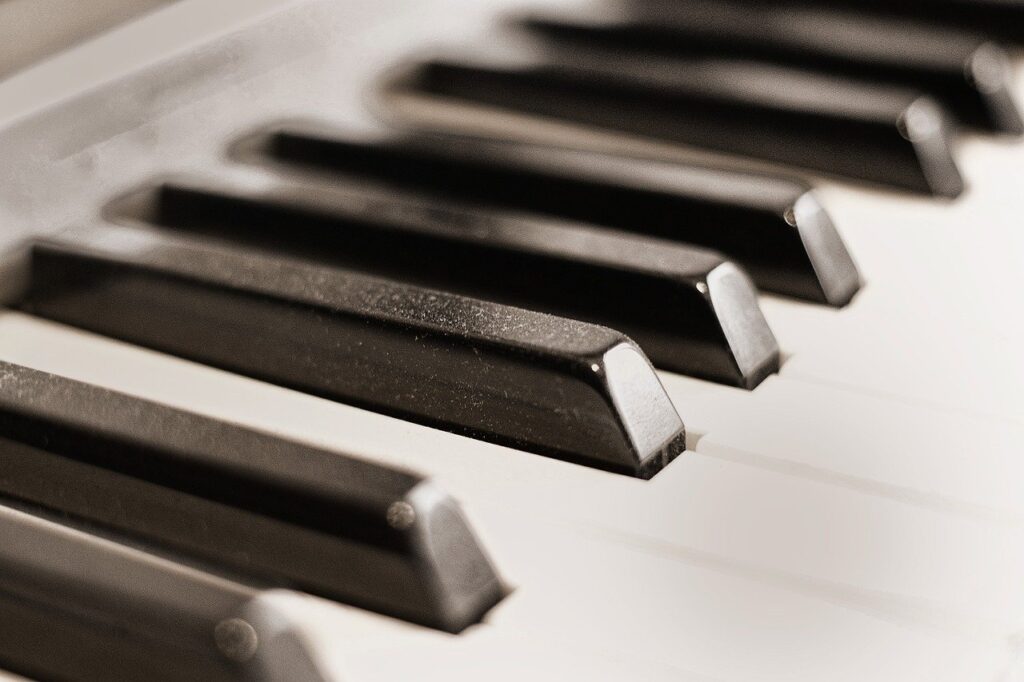Traditional Thai music was combined with Western classical music to develop unique chamber music pieces that more people can appreciate
26 Jun 2024

Imagine blending the intricate melodies of Thai traditional music with the rich harmonies of Western classical music to create something entirely new and exciting. This research does just that—mixing these two musical worlds to develop unique chamber music pieces that appeal to a wide range of listeners. It is like taking the best parts of both musical traditions and creating a new language that speaks to everyone, regardless of their background. This approach not only helps to keep Thai musical heritage alive but also introduces it to audiences who might never have experienced it otherwise. By sharing this music more broadly, the project seeks to build bridges between cultures and inspire a greater appreciation for the diversity of musical expression around the world. It aims to preserve traditional Thai music while making it accessible to a broader audience through a modern musical form.
In the context of Educational Psychology, this research underscores the importance of cultural awareness and
sensitivity in education. By demonstrating how music from different cultural backgrounds can be integrated, it
supports the idea that learning environments should acknowledge and incorporate diverse cultural
perspectives. This approach can foster an inclusive educational atmosphere that values multiculturalism,
enhances global understanding, and encourages creativity and innovation among students.
Authors: Ming Yan (Srinakharinwirot University), Ekkarach Charoennit (Shinawatra University,), Yiying Wang, Ng Miew Luan, Lester Naces Udang (Educational Psychology, College of Education, University of the Philippines Diliman)
Read the full paper: https://doi.org/10.18848/2327-0055/CGP/v22i02/15-31
